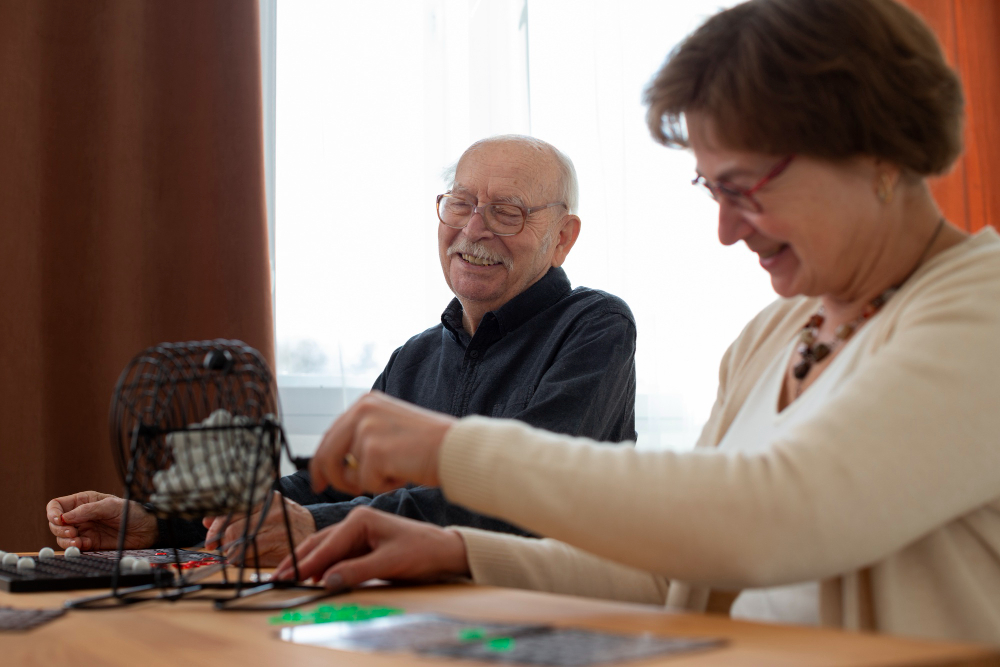Memory plays a vital role in our daily lives, allowing us to recall past experiences, learn new information, and navigate the world around us. As we age, many seniors may experience changes in memory and cognitive function, which can impact their quality of life. However, there are various strategies and techniques that seniors can incorporate into their daily routines to maintain and even improve their memory. In this blog post, we’ll explore nine expert tips for seniors looking to enhance their memory and cognitive abilities.

- Stay Mentally Active: Engaging in mentally stimulating activities is essential for maintaining cognitive function and preserving memory as we age. Seniors can challenge their minds by participating in activities such as puzzles, crossword puzzles, Sudoku, reading, learning a new language, or taking up a new hobby or skill.
- Exercise Regularly: Physical exercise not only benefits the body but also has a positive impact on brain health and cognitive function. Seniors should aim to incorporate regular aerobic exercise, strength training, and balance exercises into their routine to improve blood flow to the brain and stimulate the growth of new brain cells.
- Get Sufficient Sleep: Quality sleep is crucial for memory consolidation and cognitive function. Seniors should aim for 7-9 hours of sleep per night and establish a consistent sleep schedule to promote optimal brain health.
- Maintain a Healthy Diet: A nutritious diet rich in fruits, vegetables, whole grains, lean proteins, and healthy fats provides essential nutrients that support brain health and cognitive function. Seniors should focus on foods high in antioxidants, omega-3 fatty acids, and vitamins B, C, D, and E to support memory and overall brain health.
- Manage Stress: Chronic stress can negatively impact memory and cognitive function. Seniors should practice stress-reduction techniques such as meditation, deep breathing exercises, yoga, tai chi, or spending time in nature to promote relaxation and improve memory.
- Stay Socially Connected: Social interaction is vital for maintaining cognitive function and emotional well-being in seniors. Regular social engagement with friends, family, and community groups provides mental stimulation, emotional support, and opportunities for learning and memory enhancement.
- Use Memory Techniques: Seniors can benefit from using memory techniques such as mnemonics, visualization, association, repetition, and chunking to improve their ability to recall information. These techniques can be particularly helpful for remembering names, dates, and other important details.
- Stay Organized: Maintaining a structured and organized environment can help seniors manage daily tasks and reduce cognitive load. Using calendars, planners, to-do lists, and other organizational tools can help seniors stay on top of appointments, activities, and responsibilities.
- Seek Professional Help: If memory problems persist or worsen over time, seniors should not hesitate to seek professional help from a healthcare provider or cognitive specialist. Early detection and intervention are key to managing and treating underlying conditions that may be contributing to memory loss.
Conclusion:
Improving memory and cognitive function is achievable for seniors with the right strategies and lifestyle modifications. By staying mentally active, exercising regularly, getting sufficient sleep, maintaining a healthy diet, managing stress, staying socially connected, using memory techniques, staying organized, and seeking professional help when needed, seniors can enhance their memory and overall brain health, enabling them to lead fulfilling and independent lives as they age.
